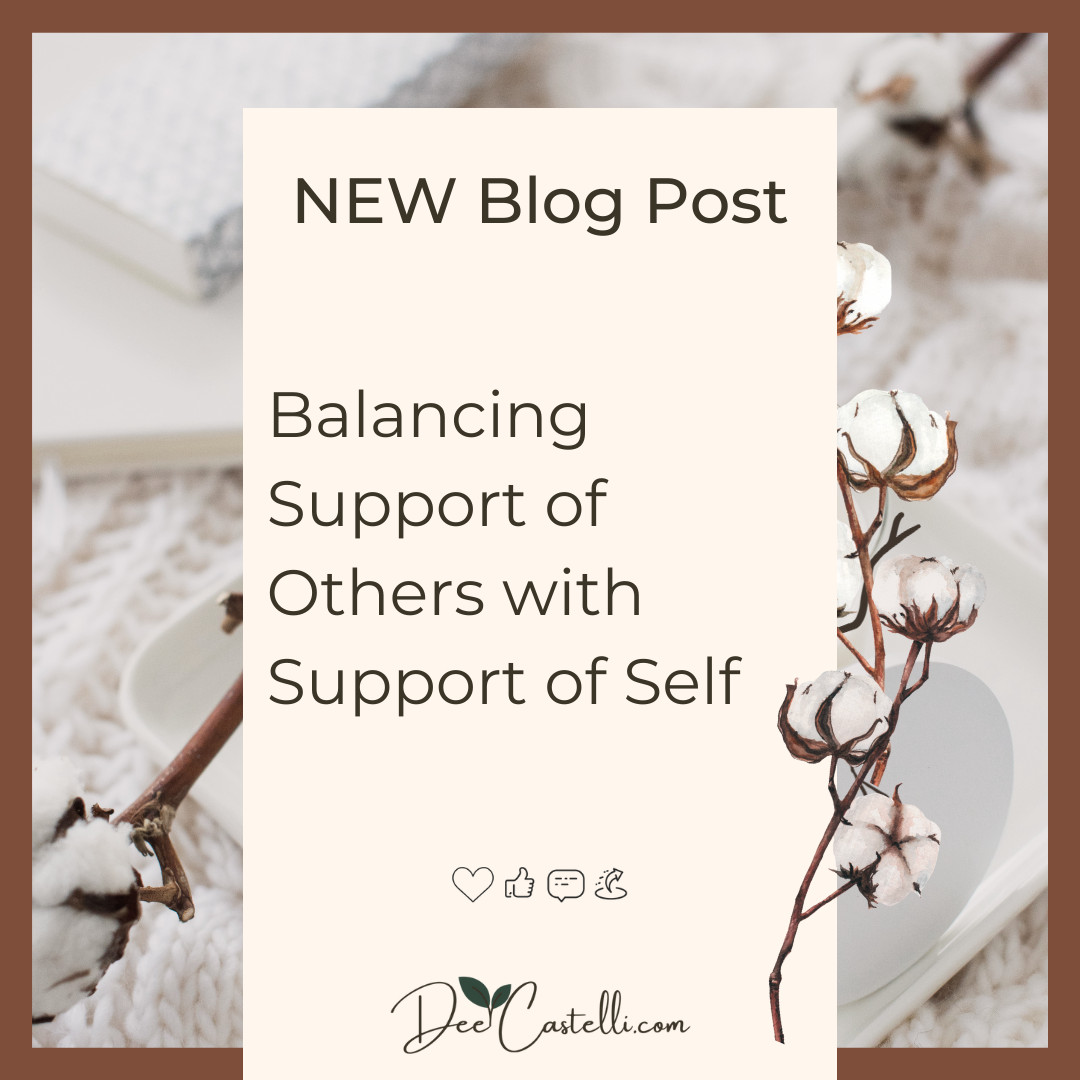
Some years back I had a dear friend who was terminally ill. I asked her what she needed from me. She said she wanted to enjoy laughter and have fun during her remaining time. She didn't want to be surrounded by sorrowful faces or gloomy attitudes. Wow, that was a tough one for me to wrap my head around! What I had previously learned about empathy enabled me to fulfill her request.
Have you ever struggled with finding a balance between supporting others and taking care of yourself? What are some ways you prioritize so you can show up fully for those around you? How do you approach practicing empathy in your daily life?
As human beings, we’re wired to connect with one another. We thrive on building relationships, sharing experiences, and offering support to those around us. However, practicing empathy doesn't mean sacrificing our own needs and beliefs. It's possible to be there for others without losing ourselves in the process.
Active Listening
Active listening is a key component of empathy. What is active listening? It involves fully focusing on understanding the speaker, their thinking, feelings and concerns. It requires giving your undivided attention, avoiding distractions, and showing empathy and understanding through nonverbal cues and verbal responses.
When we truly listen to someone with a view to understanding them, we create a safe space for them to share their thoughts and feelings. However, active listening doesn't mean taking on others' emotions as our own. We can acknowledge and validate their feelings without internalizing them. This allows us to be present for others while still maintaining our own emotional well-being.
Common Ground
Finding common ground is another important aspect of practicing empathy. When we focus on our similarities rather than our differences, we create a sense of connection and understanding. Common ground doesn't mean compromising our own beliefs. We can respectfully disagree while still honoring and valuing the perspectives of others.
Offering Support
Offering support is a natural instinct for many of us. We can offer support while still setting healthy boundaries and prioritizing our own well-being. This allows us to be there for others in a sustainable way, without burning ourselves out.
True empathy isn’t simply “your pain in my heart”. It involves understanding them, asking about their needs, and how we can offer support in a way that is meaningful to them as an individual.
In order to practice empathy without losing ourselves, it's important to prioritize self-care. Taking care of our own emotional and physical needs allows us to show up fully for others. This might mean setting aside time for rest and relaxation, engaging in activities that bring us joy, or seeking support from a therapist or loved one.
Ultimately, practicing empathy is about finding a balance between being there for others and taking care of ourselves. By listening actively, finding common ground, offering support, and prioritizing self-care, we can create meaningful connections and support those around us without sacrificing our own well-being. Remember, you don't have to choose between being there for others and taking care of yourself - you can do both.
Are you ready to deepen your empathy skills and connect with others on a deeper level? Join us for our July workshop and discover how to be there for others without sacrificing your own well-being. Let's create a safe and supportive community together!
Share your thoughts and comments below ▼ I love hearing from you ❤️
Click here to get your Aroma Reset guide - This simple technique clears your limiting beliefs and negative thoughts. Your powerful sense of smell unlocks the part of your subconscious brain responsible for making decisions on autopilot. That instinct or survival brain isn't open to reason and logic. Empower yourself at that level to accomplish every goal you set!
Copyright © 2023 All Rights Reserved by Lemons and Sage, LLC

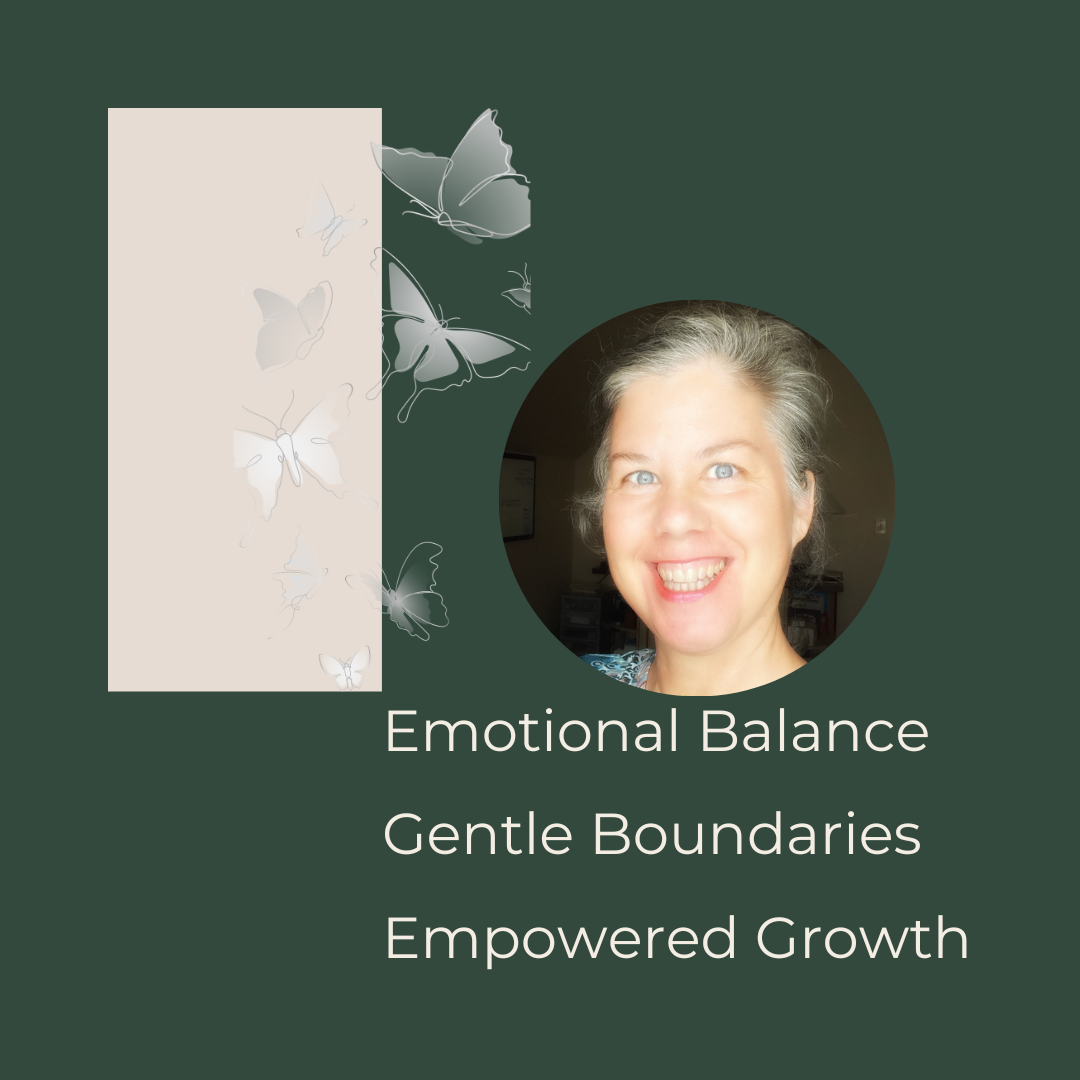 Hello and welcome to my little corner of the web where I share my healing journey with you. That sharing helped many along their own healing journey. As you read I wish the same for you.
Hello and welcome to my little corner of the web where I share my healing journey with you. That sharing helped many along their own healing journey. As you read I wish the same for you.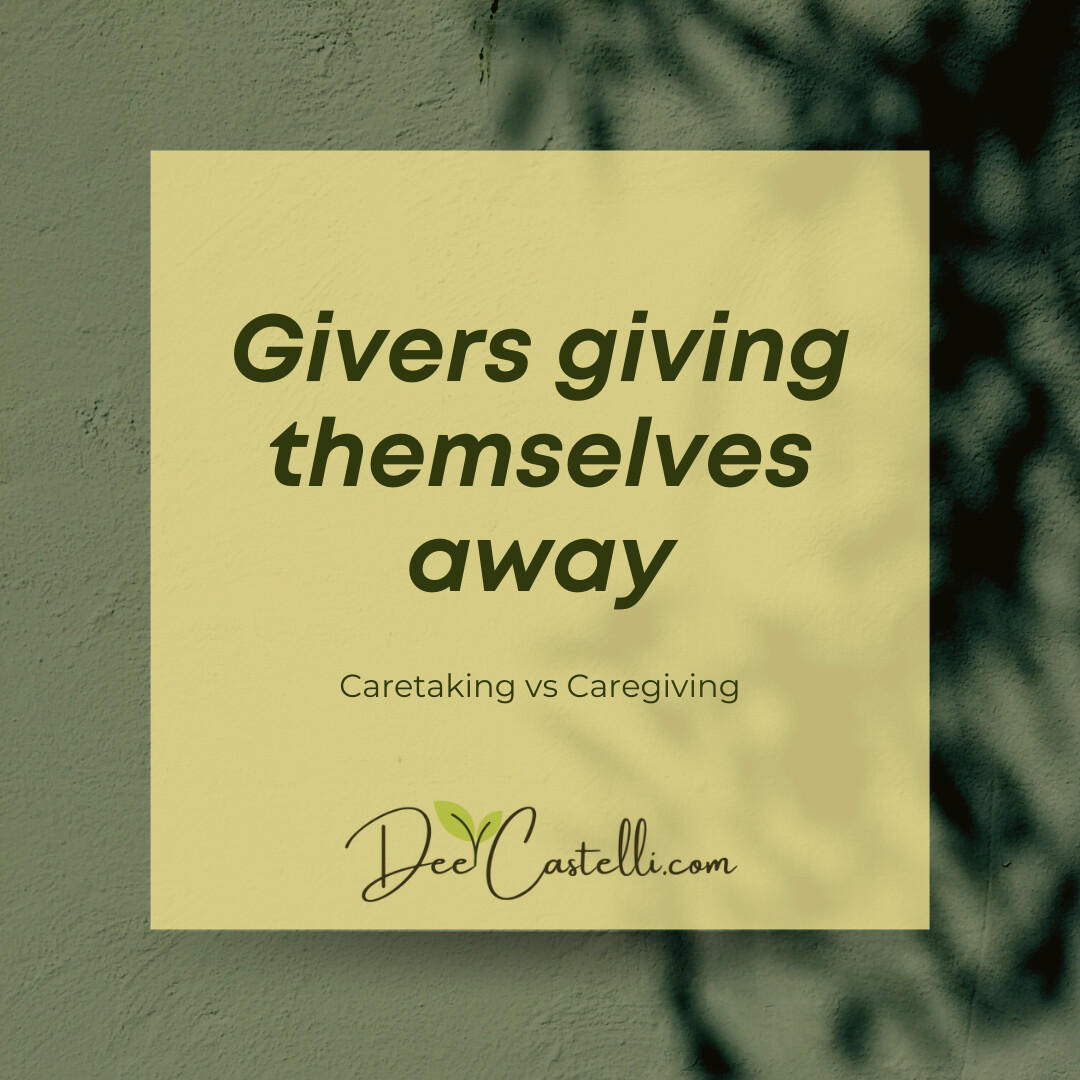


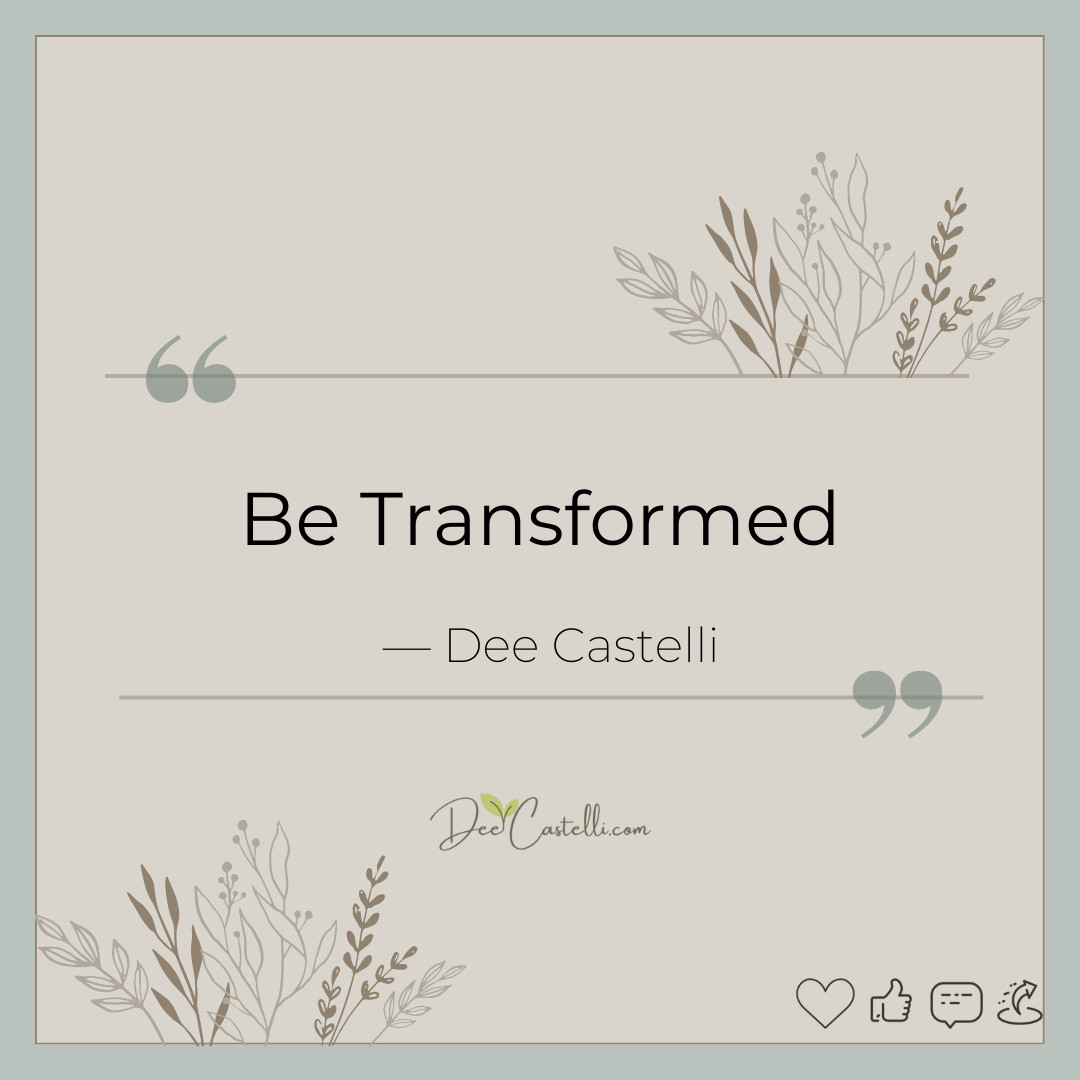


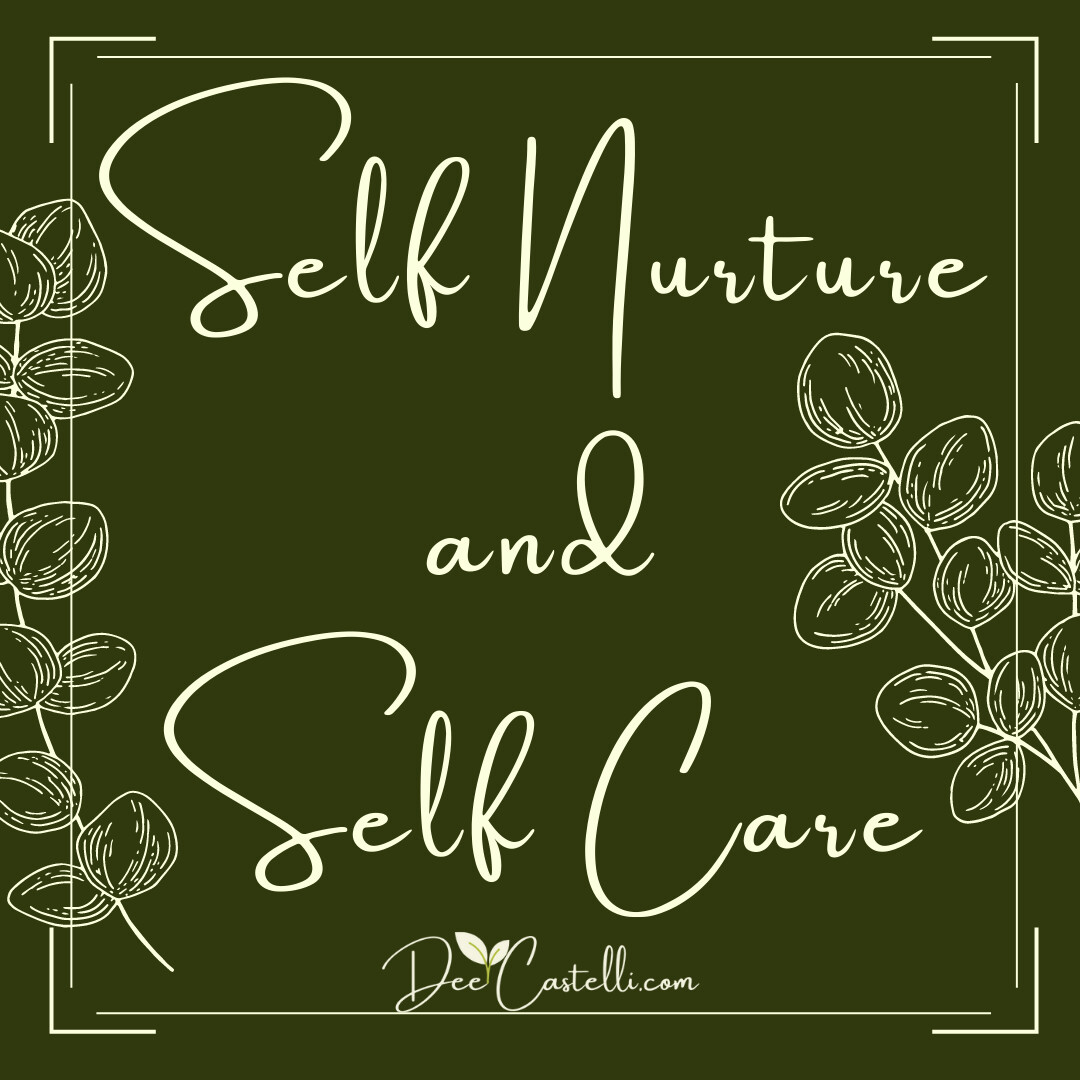
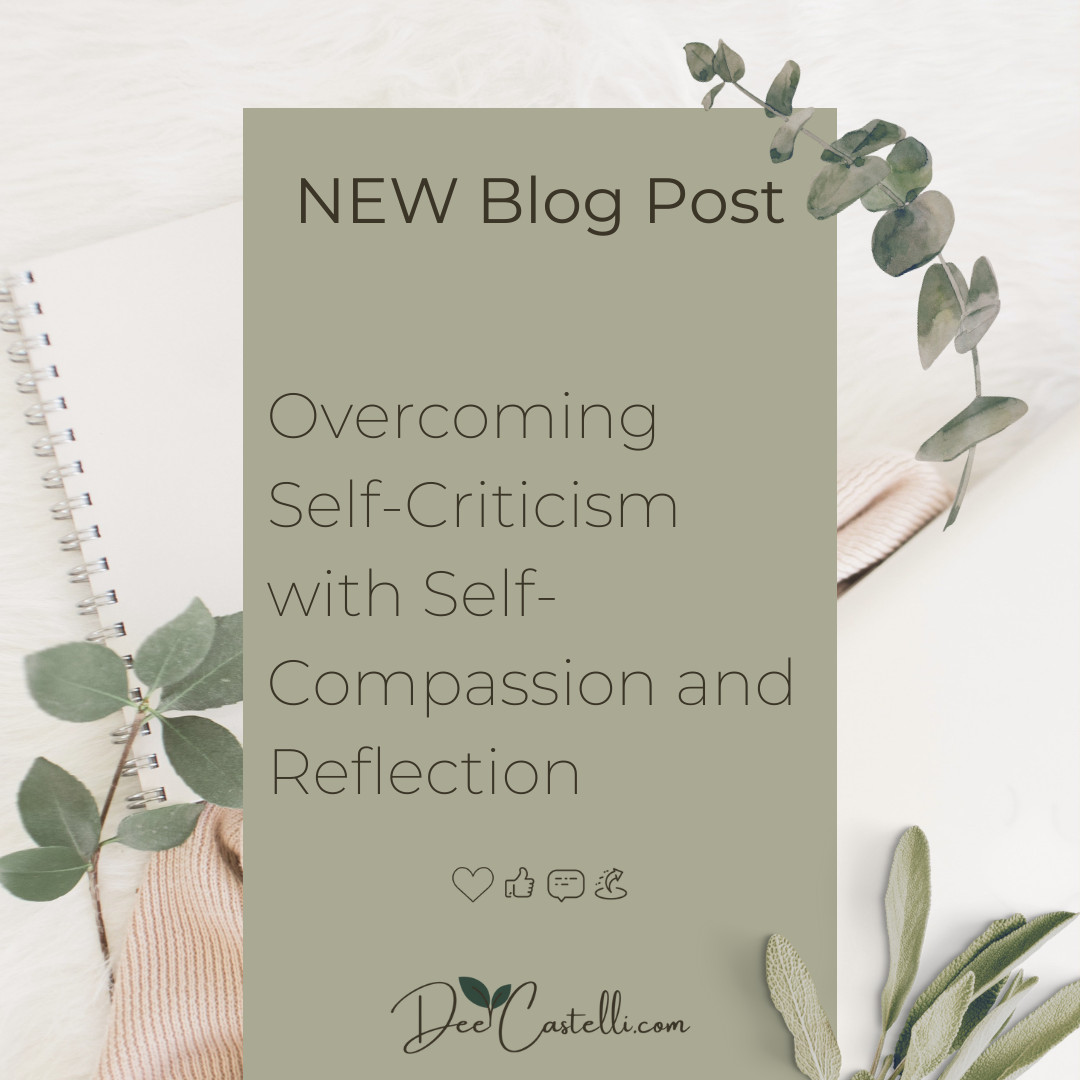

![Radical Proposal [Pasteur vs Bechamp / germ theory vs terrain theory]](https://909c0d3efc63d4674cb4-62e8289cb2b35d2d929ba8c1b8f1d0d0.ssl.cf1.rackcdn.com/3012-5f63492901abe.jpg)



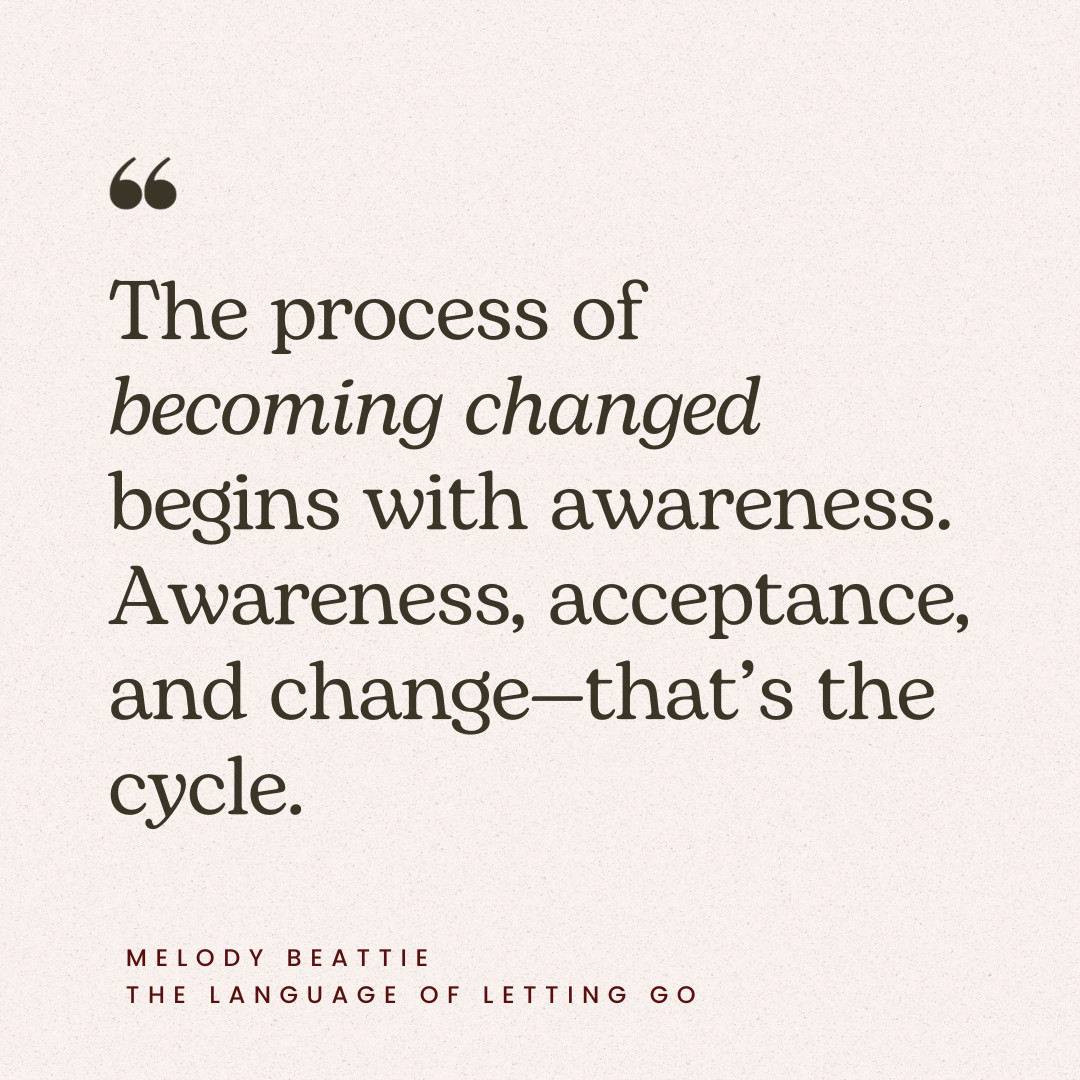


0 Comments